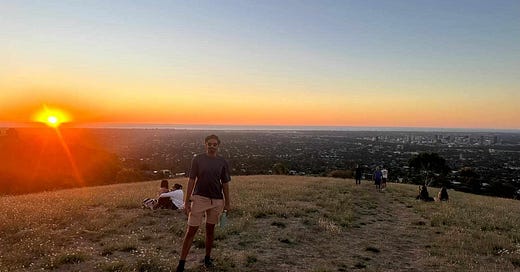First weightlifting competition of the year, work trip, and flying solo
Again, I’m opening up these newsletters with an apology. I think these newsletters are turning into monthly-ish newsletters rather than weekly-ish.
Three major highlights of my January and February month I want to include are:
I partook in my first weightlifting competition of the year last weekend,
I had …
Keep reading with a 7-day free trial
Subscribe to Staying Focused to keep reading this post and get 7 days of free access to the full post archives.




